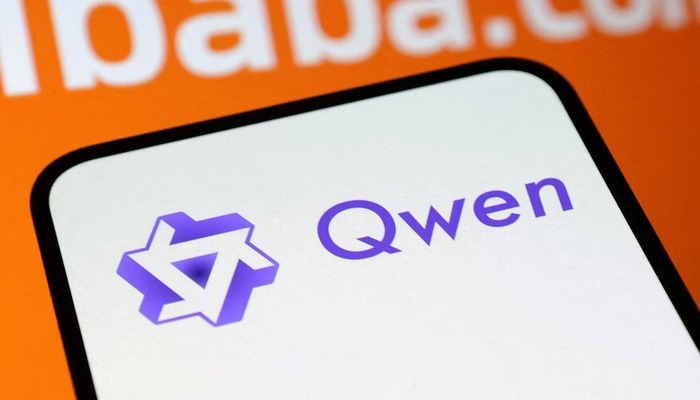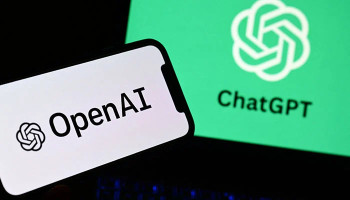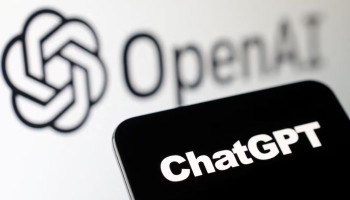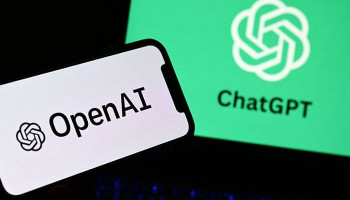
Qwen and Alibaba logos are seen in this illustration taken, January 29, 2025. — Reuters
In a bold move to challenge well-established artificial intelligence (AI) tools like OpenAI’s ChatGPT and Google’s Gemini, Chinese tech giant Alibaba has unveiled Qwen3, a new series of large language models (LLMs).
The spacious umbrella of the latest Qwen3 AI models includes eight entrants comprising between 0.6 billion and 235 billion parameters.
The new Qwen3 AI models utilise a mix of dense and mixture-of-experts (MoE) architectures and are developed to handle complex tasks such as coding, maths, and advanced reasoning.
“Qwen3’s performance shows that open models are keeping pace,” said Tuhin Srivastava, CEO of AI platform Baseten.
Supporting 119 languages, these models were trained on a massive dataset of 36 trillion tokens sourced from textbooks, code, Q&A data, as well as AI-generated content.
According to the company, Qwen3's performance is on par with OpenAI’s o3-mini and Google’s Gemini 2.5 Pro on several benchmarks.
The e-commerce heavyweight has also open-sourced the fresh wave of its AI models via Hugging Face and GitHub, with the exception of the flagship Qwen-3-235B-A22B model.
Their most notable feature is a new “hybrid reasoning” mode, which allows users to choose between quick responses and deeper analysis for greater control.
















